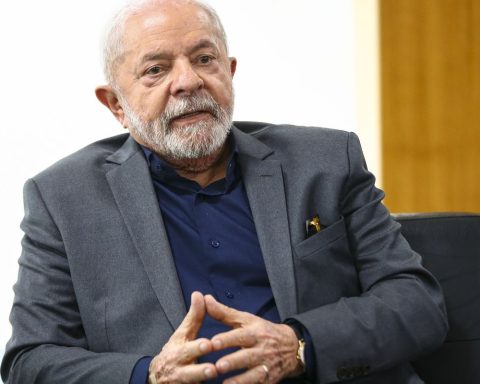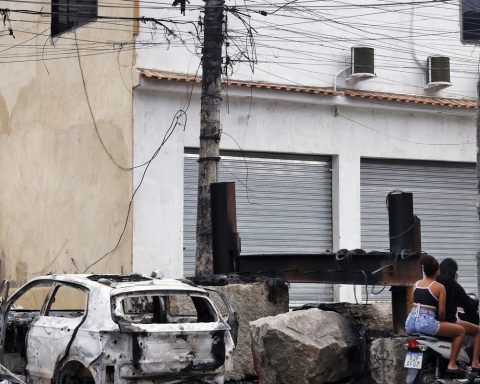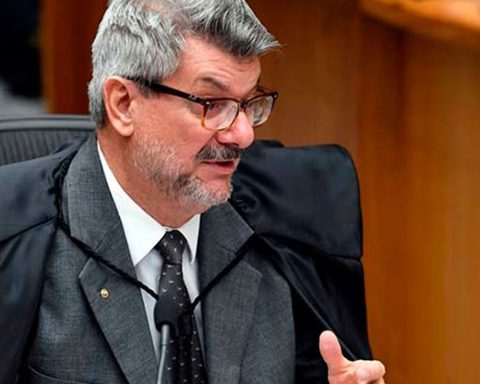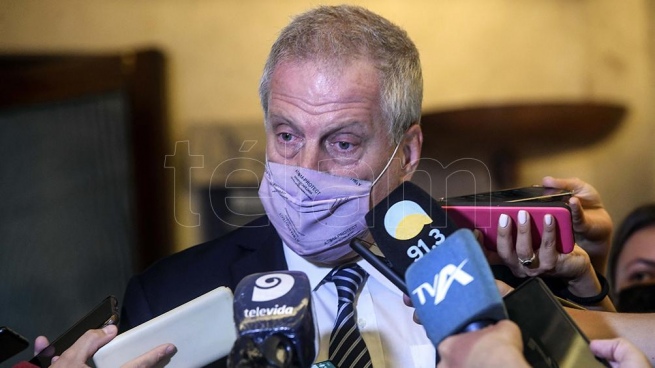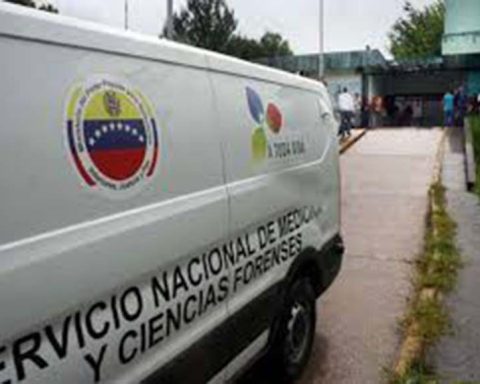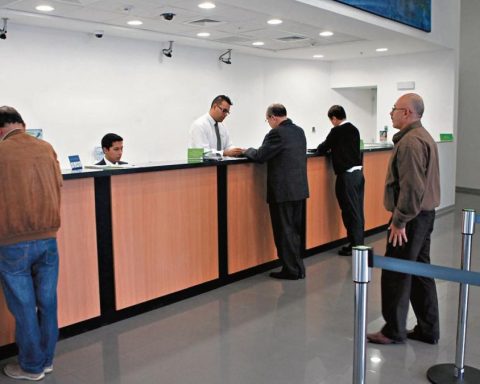President Jair Bolsonaro sanctioned five bills this evening (15) that reallocate resources from the Budget and open up special credits for the National Institute of Social Security (INSS) and for the payment of personnel expenses of other Powers. A special credit was also sanctioned to fulfill an agreement between the Union and the city of São Paulo.
The first bill sanctioned reallocates BRL 1.2 billion of primary expenditures for the opening of the 2022/2023 Crop Plan. The money will finance economic subsidies in the National Program for Strengthening Family Agriculture (Pronaf); in agricultural costing operations; in operations of commercialization of agricultural products; and in rural and agro-industrial investment operations. As this is a reallocation, the operation will not impact the primary deficit target or the expenditure ceiling.
A bill was also passed that amends the Budget Law of 2022 to reallocate resources that will recompose the funds for personnel expenses and social charges of the Legislative, Judiciary, Public Ministry of the Union and the Public Defender’s Office of the Union. In a note, the Planalto Palace informed that the appropriations for the expenses with the servants of these Powers had been reduced by the National Congress during the processing of the Budget.
The money will come from funds that would make up the primary deficit target (the result of government accounts without interest on the public debt) for 2022 and funds intended for parliamentary amendments, mainly committee amendments.
The third project opens special credit of R$ 312.7 million in favor of the Ministry of Labor and Social Security. The credit comes from Law 14,331of May of this year, which establishes new rules for payment of fees referring to judicial expertise in actions in which the INSS is a party.
The fourth project opens supplementary credit (relocation) of R$ 202.5 million to reinforce fiscal contingency reserves of the Legislative Power, the Judiciary, the Federal Public Ministry and the Federal Public Defender’s Office. In these two cases, as the money will be reallocated from other budget allocations, there will be no additional cost to the public coffers.
The latest project opens special credit of R$ 23.91 billion in financial charges from the Union to comply with an agreement, ratified by the Federal Supreme Court (STF) in March, between the federal government and the city hall of São Paulo. This special credit will come from the Union’s financial surplus (surplus cash obtained from the issuance of government bonds), so it will not impact the primary deficit target or the spending ceiling.

